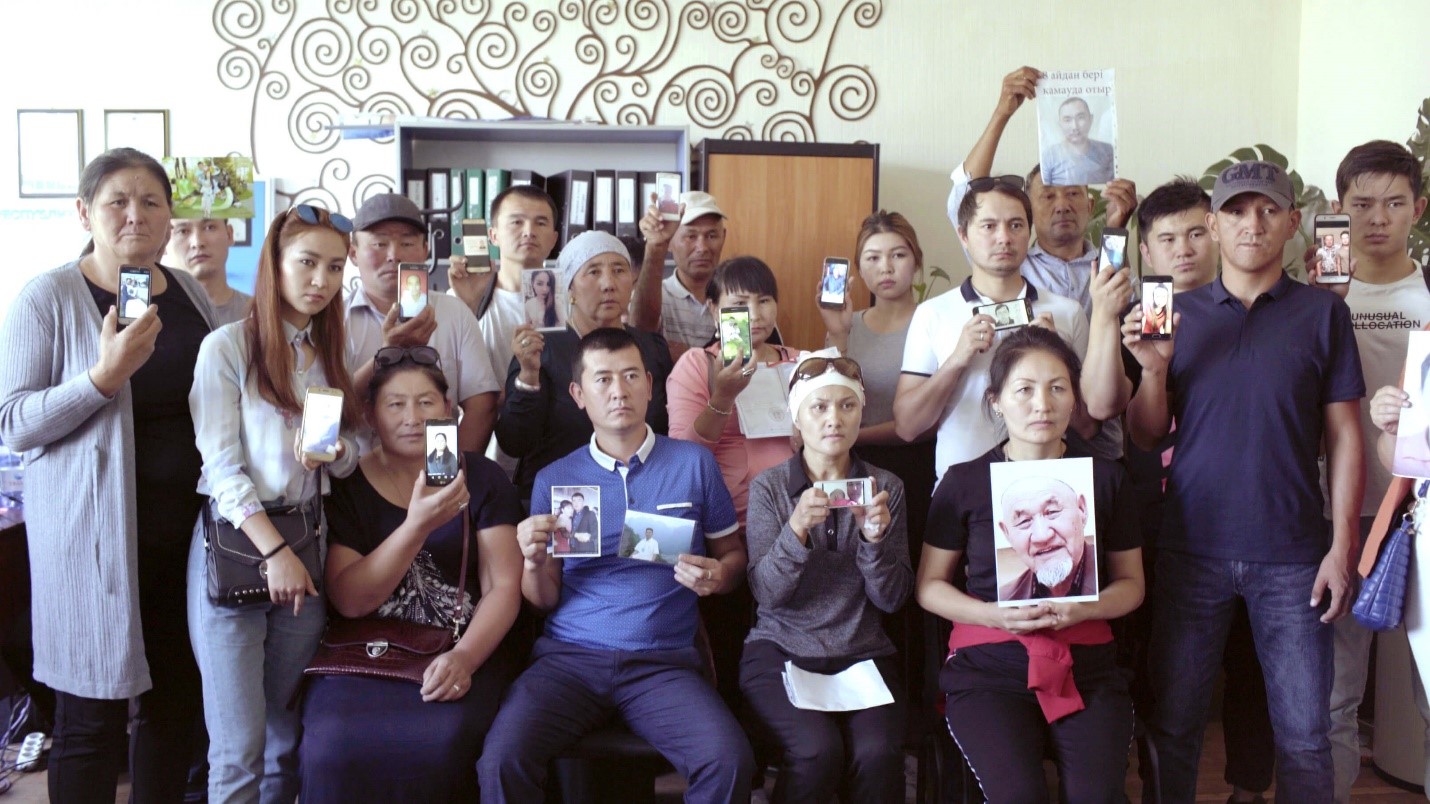DOWNLOAD PDF
THE ISSUE
China’s growing economic and political influence around the world makes it one of the most consequential relationships the U.S. will have to manage. The next President should reframe the U.S.-China relationship to put human rights front and center of its policy. Whether the U.S. succeeds will have significant consequences not only for the human rights of people in China, but also for the global and international human rights agenda as China’s government builds support for its efforts to reframe human rights and undermine its institutions.
In recent years, China’s government has drafted and enacted a series of restrictive laws in the name of national security that present grave dangers to human rights and human rights defenders. Human rights defenders, including lawyers and activists, are increasingly subjected to monitoring, harassment, intimidation, detention and imprisonment. In Xinjiang Uyghur Autonomous Region (Xinjiang), an estimated one million predominantly Muslim people have been held in internment. Detainees have been subjected to political and cultural indoctrination, children have been separated from their parents, and there have been numerous allegations of torture and other ill-treatment in these camps.
On a broader scale, an increasingly assertive China has worrying implications for the human rights system as a whole. China’s leaders are operating from within the United Nations (UN) Human Rights Council to shrink the space available for the UN and civil society to hold states accountable for their human rights records, as well as making efforts to reframe human rights as a “cause,” as opposed to a state’s legal obligations to its people. As China has become more powerful, it has been able to shut down human rights dialogues and intimidate those that criticize its record. In 2013, Xi Jinping launched the Belt and Road Initiative (BRI), steering much of this finance into infrastructure projects. Many of the projects that make up BRI are based in countries where there is much potential for exploitative labor practices, environmental degradation, and weak governance and accountability.
In July 2015, an unprecedented government crackdown on human rights lawyers and other activists began during which nearly 250 targeted individuals were questioned or detained by state security agents. Many other lawyers have been disbarred and thus are no longer able to use their legal expertise to seek justice for victims of human rights abuses. The effects of this crackdown are being felt throughout Chinese society.
The internment of predominantly Muslim ethnic groups in Xinjiang has intensified since March 2017, when a “Regulation on De-extremification” was adopted in the region. Open or even private displays of religious and cultural affiliation, including growing an “abnormal” beard, wearing a veil or headscarf, regular prayer can be considered “extremist” under the regulation. Since then there has been a growing government campaign of mass internment, intrusive surveillance, political indoctrination and forced cultural assimilation against Uyghurs, Kazakhs and others in Xinjiang. It is estimated that up to one million people have been held in internment camps.
TALKING POINTS
- The deterioration of civil society and rule of law in China appears to signal a systematic effort by the Chinese government to tighten its controls on free expression and undermine the will of its own people, including the rights of its ethnic minorities, such as Uyghurs and Tibetans, guaranteed under China’s own Constitution.
- As President, I plan to work with allies and partners to use all diplomatic and economic tools to push back on China’s systematic attack on international human rights norms, whether they be inside China, globally or at the United Nations.
- Our values need to be front-and-center as we manage our relationship with China. A rights-respecting China is a U.S. national security imperative and would help the U.S. achieve our other political, economic, and security goals.
RECOMMENDATIONS
- The U.S. should robustly fund and support human rights non-governmental organizations that support human rights defenders (HRDs) including by prison visits, legal representations, consultations with HRDs, provisions of visas, and trial monitoring in China.
- The U.S. should make the human rights crisis in Xinjiang a national security priority by calling for and supporting a U.N. Fact Finding Mission to Xinjiang, holding accountable the Chinese government officials who are responsible for abuses, providing protection opportunities to Uyghurs and other ethnic Muslims to ensure humanitarian pathways to the U.S., and banning surveillance exports that pose a substantial risk of violating human rights in their destination.
- The U.S. should aggressively push for international human rights norms vis-à-vis China in bilateral, regional, and multilateral forums through positive and negative diplomatic and economic incentives and disincentives.
FOR MORE INFORMATION, PLEASE CONTACT:
Joanne Lin
National Director, Advocacy and Government Affairs
(202) 509-8151
